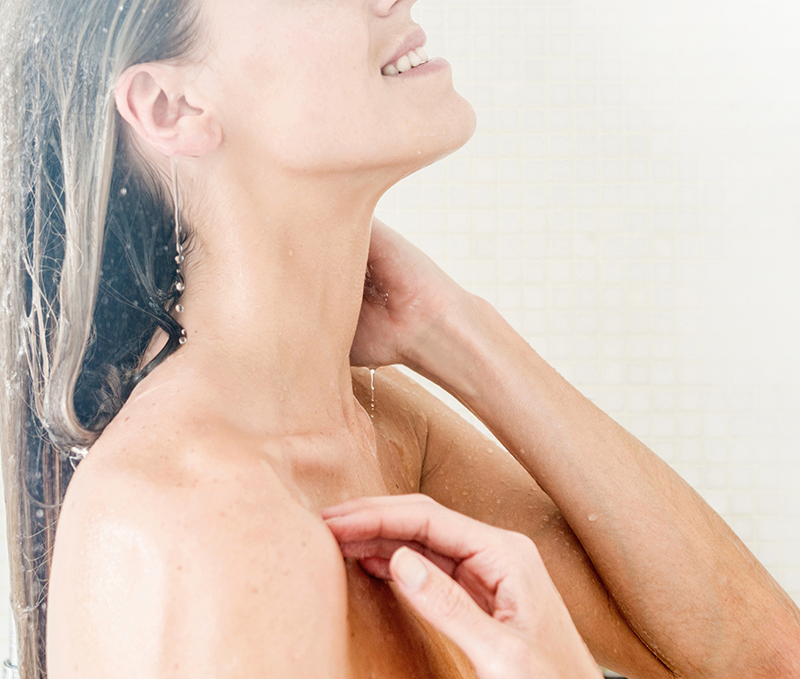Acne and diet

Acne sufferers and their parents have always suspected chocolate, pork and all “good things” of being responsible for acne and its aggravation. And these beliefs continue despite opposing medical opinion.
But doctors’ are now changing their opinion!
Has this been proven?
Studies first demonstrated the absence of acne in so-called primitive populations which have a diet low in fat and rapidly-absorbed sugars, compared to their frequent consumption in so-called “civilised” countries. A series of later epidemiological studies conducted in the United States showed that milk, and skimmed milk in particular, was responsible for the high incidence of acne in adolescents. The abundance of rapidly-absorbed sugars, hormones and a substance resembling insulin (IGF1) contained in milk are thought to be responsible. Another study showed that a low-sugar diet improves acne in adults.
The debate is not clear-cut, but the renewed interest in the correlation between acne and diet has led to further research in this area.
What can we advise?
The role of a typical Western diet on acne is no longer under any doubt. It is likely that the overweight trend among adolescents in rich countries is linked to the frequency of acne. The main foods responsible have not been identified.
A sensible attitude is recommended without introducing an actual diet, or drawing up a list of banned foods. It seems reasonable to warn patients against the excess consumption of milk, snacking on rapidly-absorbed sugars and excess weight.



